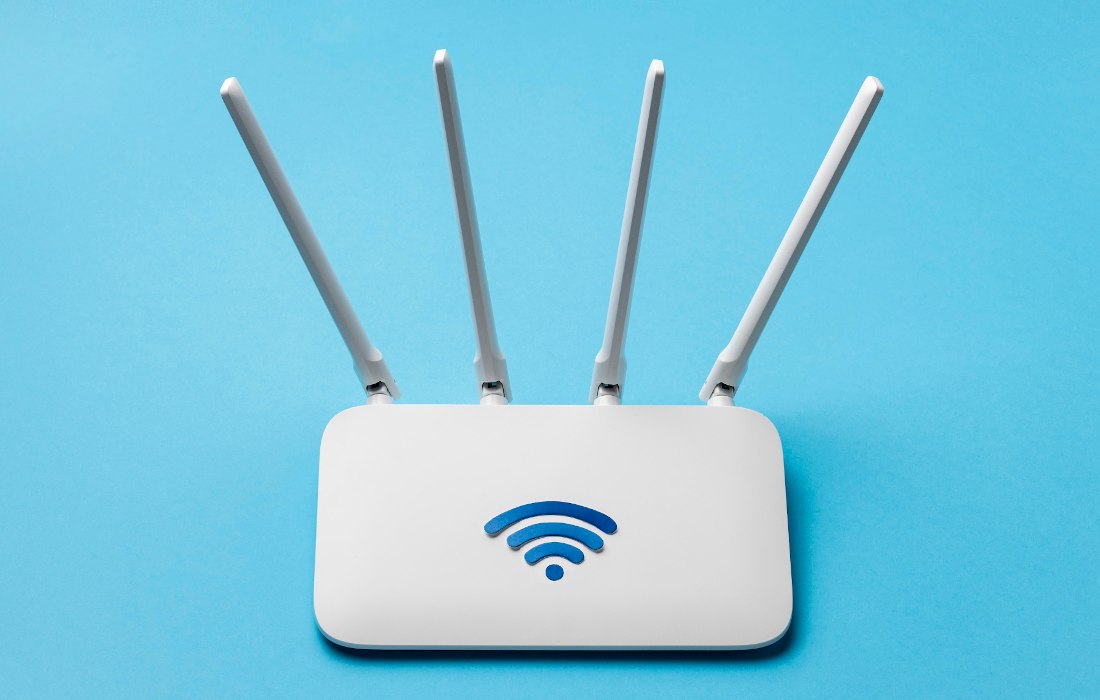WiFi 2.4GHz and 5GHz: What's The Difference?

You may have noticed nowadays that your WiFi router offers two connection choices: 2.4GHz and 5GHz bands. You may have wondered, what's the difference, and which one should you use? So, let's compare and look at the differences between these two types of WiFi bands so that you know which one to use.
2.4GHz WiFi: The Basics
First, let's start with 2.4GHz WiFi. This is the older and more widely used of the two bands, and it offers a slower but more reliable connection. The speed of a 2.4GHz band is typically up to 300Mbps. You'll typically find that older devices, such as smartphones and laptops from a few years ago, only support the 2.4GHz band. This is because it's been around for longer and is more widely supported.
One of the advantages of 2.4GHz WiFi is that it offers a longer range than 5GHz WiFi. This means that if you have a larger home or office space, you may find that 2.4GHz WiFi offers better coverage. Additionally, because 2.4GHz signals can more easily penetrate through walls and obstacles, you may find that your connection is more stable even if you're far away from your router and in a different room.
However, 2.4GHz WiFi is also more susceptible to interference from other wireless devices and appliances. If you have a lot of other wireless devices in your home, such as cordless phones or microwaves, you may find that your connection drops or slows down. This is because these devices can interfere with the 2.4GHz signal.
5GHz WiFi: The Basics
Now, let's move on to 5GHz WiFi. This is a newer and faster band, and it offers speeds of up to 1300Mbps or more. However, because it's newer, not all devices support it. Older smartphones or laptops don't have a 5GHz WiFi antenna will not be able to pick up the 5GHz WiFi signal.
One of the advantages of 5GHz WiFi is that it's less susceptible to interference from other wireless devices and appliances. This means that you're more likely to get a consistent connection, even if you have a lot of other devices on your network.
However, 5GHz WiFi offers a much shorter range than 2.4GHz WiFi. This means that if you have a large home or office space, you may find that your connection drops off when you're far away from your router. Additionally, because 5GHz signals are more easily blocked by walls and obstacles, you will struggle to get a good connection if you're in a different room or in an area with lots of walls.
Which One Should You Use?
So, which WiFi band should you use? The answer depends on your specific situation. If you have a lot of older devices that only support 2.4GHz WiFi, you may need to stick with that band. Additionally, if you have a larger home or office space, you may find that 2.4GHz WiFi offers better coverage. On the other hand, if you have a lot of wireless devices in your home or office, or if you need fast and consistent speeds, you may want to use 5GHz WiFi. Just be aware that you may need to be closer to your router to get a good connection, and not all devices support this band.
As a website developer, I personally arrange my workstation to be close to the router so that I can utilize the 5GHz WiFi. The faster Internet really helps out a lot when doing web development, especially when doing research or uploading files to the Internet where speed is important to me. However, I also have some older devices which I use from time to time, and these devices only support the 2.4GHz band. So, I set my router to cover both the 5GHz and 2.4GHz bands. If your router only gives out the 5GHz signal, chances are its default setting is set to disable the 2.4GHz band. If you need to use the 2.4GHz band, you should be able to easily enable it from your router's admin console.
Happy surfing!


